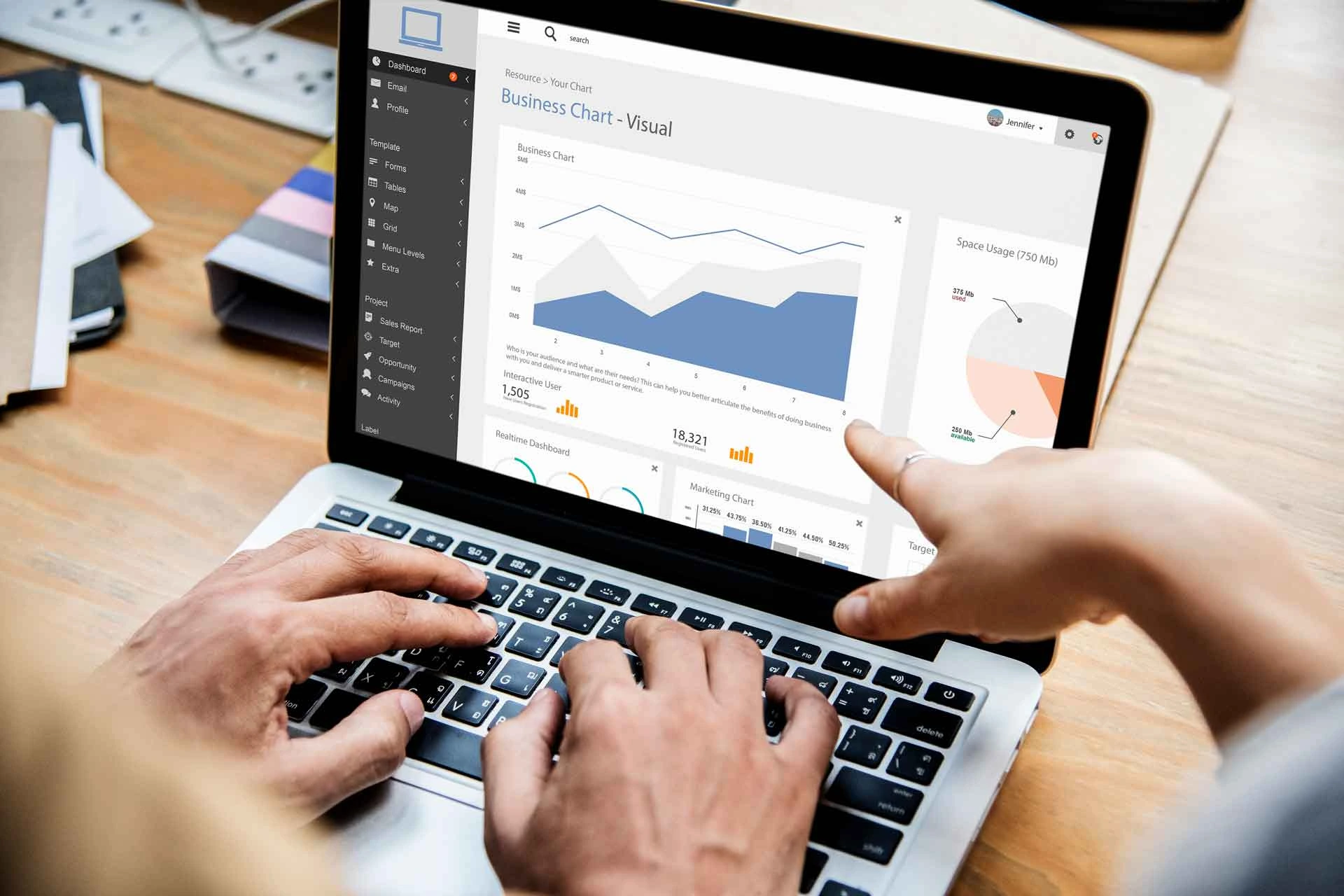New research shows that investments in small-scale farmers and poor rural populations in developing countries over 20 years by the International Fund for Agricultural Development (IFAD) sequestered more carbon.
They reduced more greenhouse gases (GHG) emissions than they emitted, proving to be effective in limiting climate change, according to the research. The new assessment report, part of the Paris Alignment Roadmap, was prepared by IFAD and presented today at COP27 in Sharm el-Sheikh.
“I am thrilled to announce that IFAD investments are net–negative and contribute to global efforts to curb GHG emissions. This highlights a very important yet under-recognised benefit of investing in small-scale agriculture: with the right investments, small-scale farmers can adapt to climate change and help us sink carbon, and mitigate climate change,” said Jyotsna Puri, IFAD Associate Vice-President, Strategy and Knowledge Department. “Their contribution should not be overlooked.”
IFAD has committed US$1.2 billion in climate finance between 2019-2021, mostly to help small-scale farmers adapt to climate change as rising temperatures and extreme weather events such as droughts, floods and cyclones put their lives and livelihoods at risk. Many of the practices promoted by IFAD to help small-scale farmers adapt also sequester carbon in soils and trees and reduce GHG emissions. These practices include agroecology, agroforestry, soil management, rotational grazing, and low methane livestock and rice production.
“It is time for the global community to join us in this critical moment to scale-up climate investments for small-scale farmers. They produce one third of the world’s food and receive a mere 1.7 percent of climate finance,” added Puri.
According to the assessment, the management of annual croplands is the activity with the largest mitigation potential, with carbon sequestration in soils representing the largest sink. Increasing carbon in soils has a multitude of benefits in addition to climate change mitigation. It improves water infiltration, increases availability of nutrients and enhances soil biodiversity.
Other activities with high carbon sequestration potential includes coastal wetland management, the creation of a forest or group of trees in an area where there was no previous tree cover, agroforestry (interspersing crops in forested areas), better forest management which helps store carbon in biomass, and low-methane livestock- rice production.
The assessment was conducted as part of ongoing efforts to prepare a Paris Alignment Roadmap that will help IFAD align its investments and activities with the Paris goals of low-carbon and climate resilient development.
The analysis looked at 27 randomly selected projects out of IFAD’s 95 ongoing rural development projects. The representative sample reflected IFAD’s overall geographical reach and included a proportionate number of projects from each continent.
The researchers examined the impact of each project on net greenhouse gas balance using the Ex-Ante Carbon-balance Tool developed by the Food and Agricultural Organization of the United Nations. This tool provides a snapshot of the current climate impact of IFAD’s representative sample of investments, which researchers were able to leverage to better understand the potential climate impact of all of IFAD’s agriculture, forestry, and land-use investments over the next two decades.


